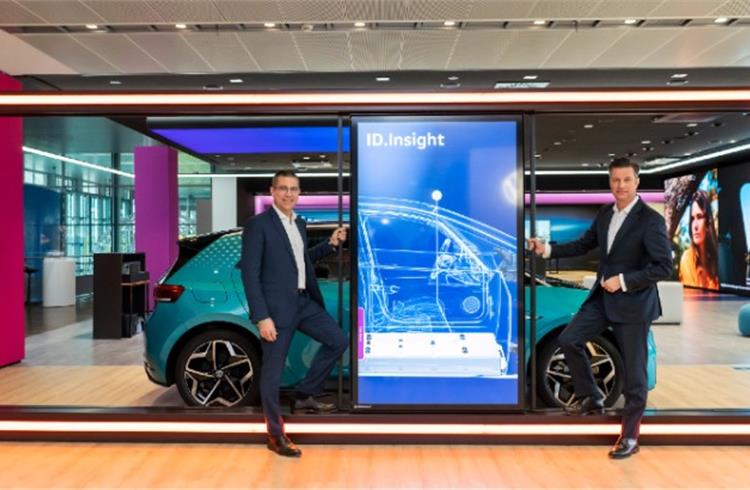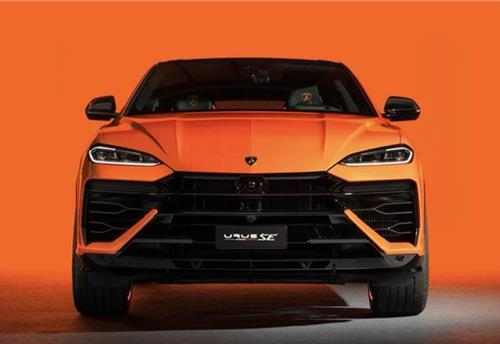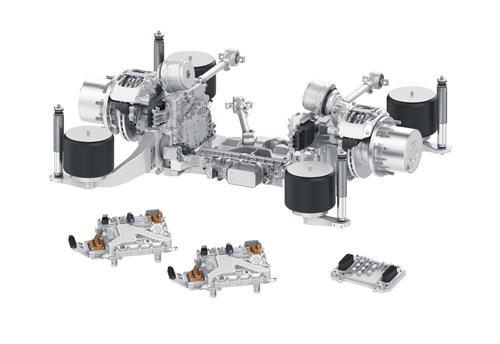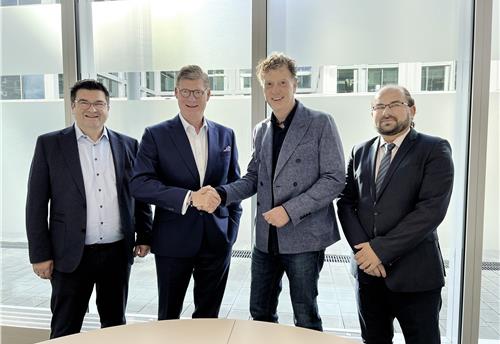VW’s global sales down 8 percent
VW's electric sales recorded a 73 percent year-on-year increase
The company’s fossil fuel-powered vehicles saw a drop in sales even as EVs and plug-in hybrids grew by 97 percent and 33 percent, respectively.
Volkswagen sales dropped around eight percent in 2021 as it battled the ongoing global semiconductor shortage. However, it recorded a substantial uptick in sales of all electrified models. The German company delivered 48,97,000 vehicles globally, down from 53,28,000 it sold in 2020, which, in itself, was a 15.1 percent decline due to the impact of COVID-19.
Volkswagen cited lagging supplies of semiconductors as the principal factor in the latest decline, with output of various models restricted by temporary factory closures throughout the year. Volkswagen told our sister publication, Autocar UK, that “all factories were affected – some more, some less so”. The main Wolfsburg site was harder hit than the electric car facility at Zwickau, for example, it said.
Volkswagen said the effect of the production limitations couldn’t be “entirely compensated for” throughout 2021 and predicts that the first half of this year will “remain highly volatile and challenging” as the shortages persist.
It claimed to have a record European order backlog of 5,43,000 vehicles, but anticipates the figure will lower as production rates stabilise over 2022. The sales shortfall is partly made up of cars that “are not lost, but will be produced as soon as possible,” Volkswagen emphasised.
While overall sales declined, Volkswagen is celebrating a 73 percent year-on-year increase in the sale of plug-in vehicles. Sales of plug-in hybrids (PHEVs) climbed 33 percent, while EV volumes nearly doubled, soaring 97 percent with 2,63,000 sold globally. Volkswagen CEO Ralf Brandstatter hinted that this trend is set to carry on as the electrification of the brand’s line-up continues.
“In a very short time, we’ve reached a top position for all-electric vehicles in Europe,” he said. “With our Accelerate strategy and the expansion of the model portfolio, we will continue to increase the pace of the e-mobility offensive. Before the end of this year, the ID.Buzz will represent yet another emotional model in our ID family.”
The ID.Buzz van is the fourth addition to the ID range in Europe and will be launched in commercial and passenger-carrying forms later this year, following a reveal in the coming weeks. EVs and hybrids accounted for over seven percent of global deliveries and almost a fifth in Europe. In Volkswagen’s home market, a quarter of all cars sold had a plug-in drivetrain of some form.
The rise in EV popularity was most profound in China, where Volkswagen sold 437 percent more EVs than in 2020. It anticipates a “further considerable increase in 2022.”
RELATED ARTICLES
Lamborghini unveils Urus SE ahead of Auto China 2024
Electric-only range of 60km helps reduce emissions by 80%.
ZF to display next-gen e-axle for low-floor city buses at Busworld Turkiye 2024
The AxTrax 2 LF is available with a continuous output of up to 360 kW and a peak torque of up to 37,300 Nm.
Daimler Buses and BMZ Poland to develop next-gen NMC4 electric bus batteries
The new battery generation NMC4 – succeeding the current NMC3 technology – will combine high energy density, resulting i...





 By Autocar Pro News Desk
By Autocar Pro News Desk
 18 Jan 2022
18 Jan 2022
 3392 Views
3392 Views









